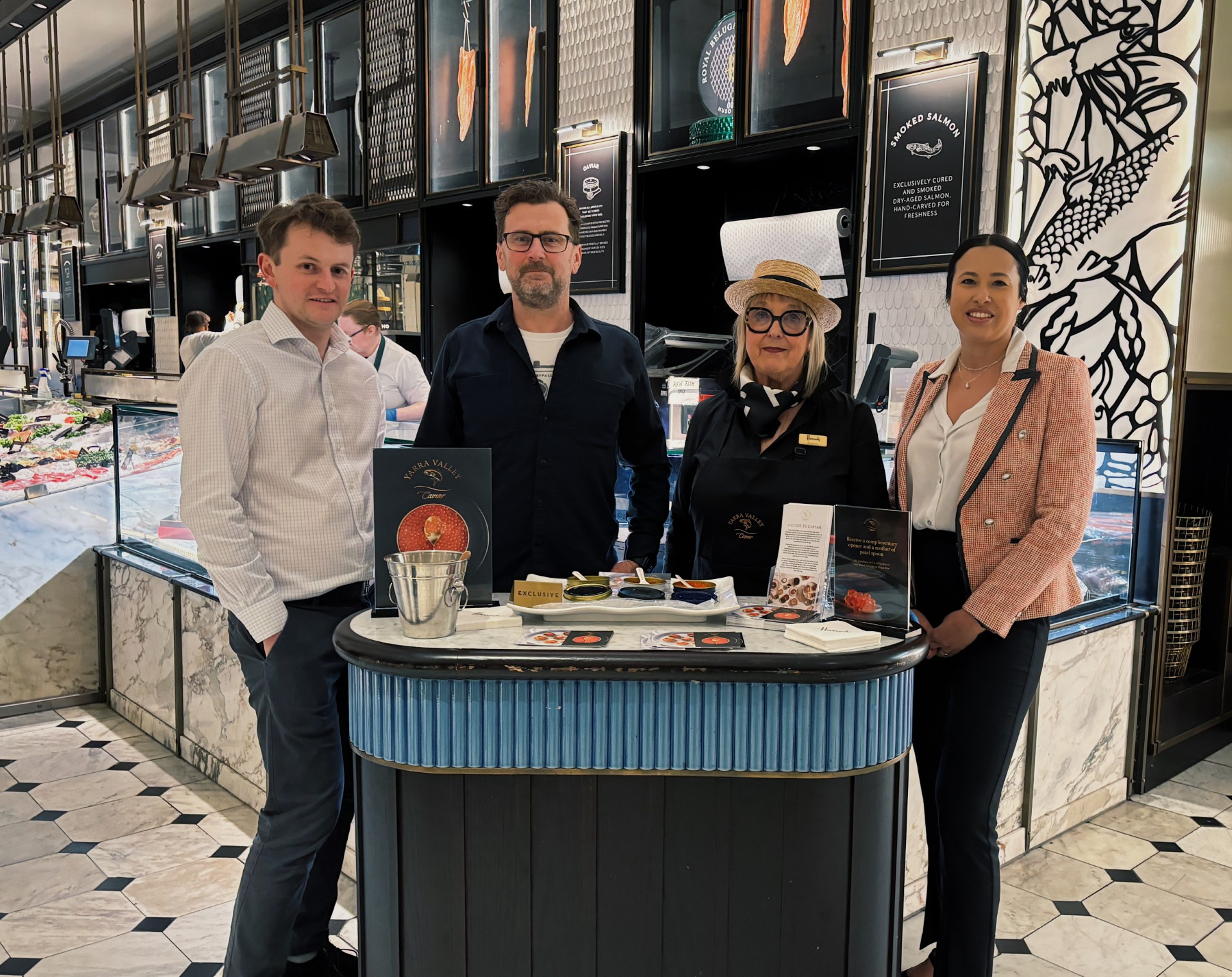
Innovation has never counted for quite as much as it does during the trials and tribulations of the ongoing coronavirus pandemic. Just how well new ideas can successfully be introduced is exemplified by the Australian Singing Competition (ASC). This event, normally held each year as a series of heats leading up to a finals concert in Sydney Conservatorium’s Verbrugghen Hall, has been turned by its organisers this year into an entirely at-home, online affair.
Music & Opera Singers Trust Ltd (MOST) have been running the ASC since 1982, making it one of Australia’s longest standing and leading competitions for singers. Latterly known as the IFAC Handa Australian Singing Competition, it morphed into [email protected] Competition this year, with contestants from all over the world sending in video entries of themselves singing at home.
Judging by a four-member panel took place on 1 July, and Eliza Boom from New Zealand was declared winner in the Classical and Opera category. She sang Nedda’s aria ‘Stridono lassu’ from I Pagliacci. Runners-up were Perth baritone Matthew Dixon and Melbourne tenor Michael Petruccelli, who is currently with Oper Frankfurt. Nicole Car, currently in Paris, was the adjudicator. See the entries on YouTube here – there are some tremendous performances emanating from people’s living rooms, kitchens, bedrooms, hallways, and even what looks like a garage.
Other category winners were Newcastle alto Stephanie Russell for the Jazz award, Melbourne mezzo soprano Renae Mockler in Contemporary, and Eliza Boom again in Music Theatre. Audience Choice Winner was Malaysian soprano Mabel Soong.
Mockler sang the Mandisa song ‘God Speaking’ in a touchingly intimate performance. World renowned rocker Suzi Quatro judged this category: see her announcement of the results here.
In all, over a dozen countries were represented in the entries.
Nell O’Grady, Events & Communications Assistant at MOST, fills us in on how the inaugural [email protected] went and whether it is likely to return in future years.
“During this time of great disruption in the performing arts, it was a pleasure to be able to continue to support, share, and reward musical talent. We were also delighted to discover that there is a large, global audience hungry for new musical content, which we were happy to provide. Because our primary aim was to help any and all interested singers, we wanted to make the competition as inclusive as possible, so we allowed all styles of music (not just opera/classical), made it open to all nationalities, and made it free to enter. By the time the competition reached its conclusion in July, we had connected with over 137 singers from 18 different countries. Many of these were from countries with which we had never, in our 38-year history, had any connection to such as Sri Lanka, Canada, The Philippines, Czech Republic, Slovenia, Japan, Turkey, Holland, and Zimbabwe.
Some of the most memorable entries included an Indigenous Australian singer performing a medley that ranged from traditional Indigenous song through rap and on to a rousing rendition of Jerusalem and an Italian opera singer who sang and aria while simultaneously making gnocchi! More than two-and-a-half thousand members of the public participated in the public vote for the Audience Choice Prize and we had nearly twenty thousand views of the entries on our YouTube Channel.
From a business perspective, it was also a great success. We saw a six-fold increase in views on our YouTube Channel during the competition and visitors to our website increased by 500%.We could not have achieved the success we enjoyed without the judges that generously volunteered their time to view hours and hours of auditions. Nicole Car (Opera/Classical), Matthew Lee Robinson (Musical Theatre), Katie Noonan (Jazz), and Suzi Quatro (Contemporary). For many of our entrants, the opportunity to be seen and heard by artists of their calibre made the competition worth entering.
Perhaps the biggest benefit gained from [email protected] was that we can move forward with confidence that we now have a viable option for connecting talented young artists with support even in a time of continuing uncertainty around live performance. The future is uncertain but we are confident that, through competitions like this, we can continue to foster and encourage the finest talent that Australia, and the world, has to offer.”
MOST runs a number of other awards including the Opera Awards (Australia) and the ABC Young Performers Awards, which it inherited from the national broadcaster in 2016. Coming up is the YPA Finals Concert, 28 October – keep an eye out for the latest on this, and other future events, on MOST’s website.







